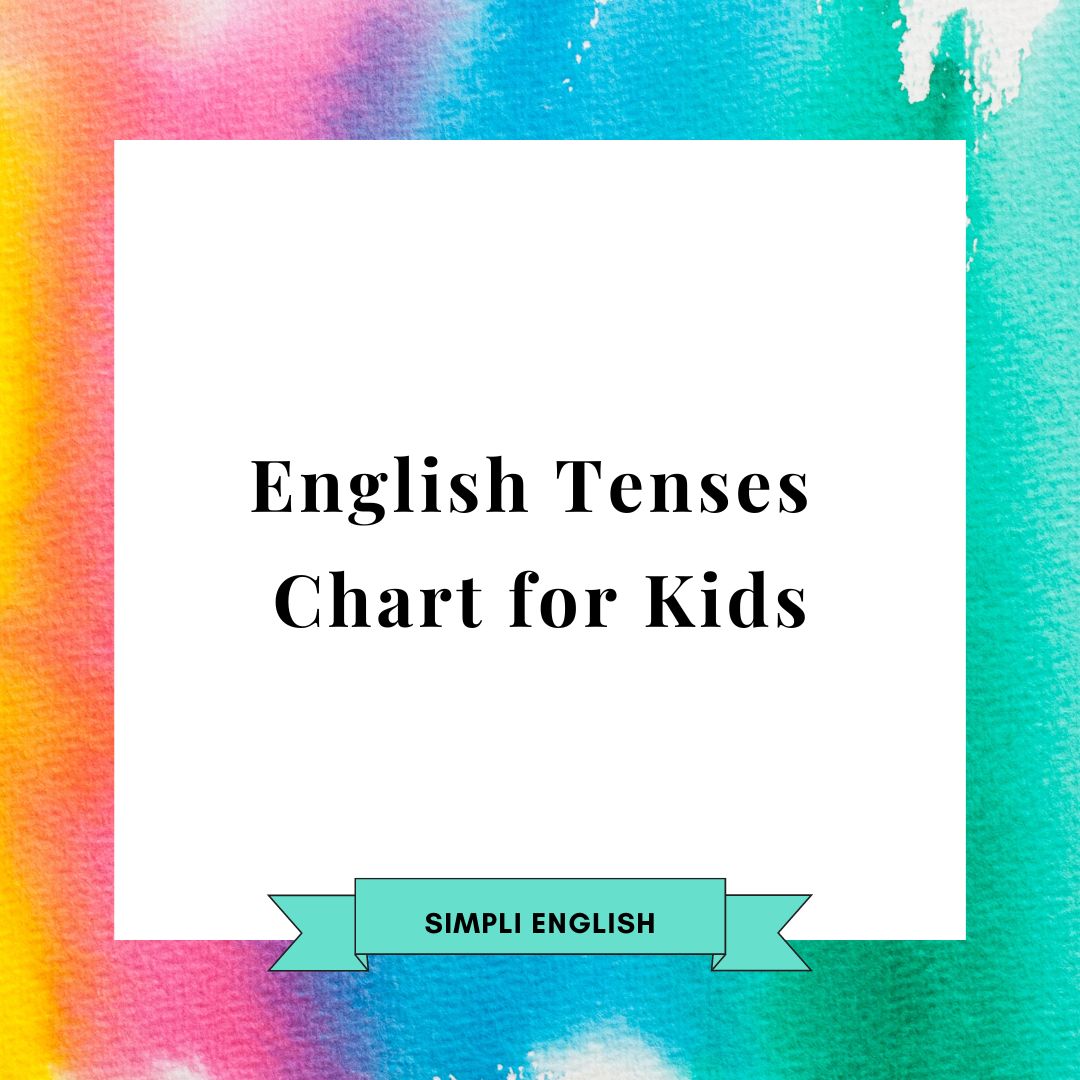Tenses are the easiest part of English grammar. They help in establishing a timeline for an event or action. Moreover, kids love to form sentences using multiple tenses and learn its basic forms swiftly. Most adults learning English as a new language find tenses as easy as kids do.
A table of three main tenses and their four sub-categories makes it easier of kids and adults to understand and adapt them. In English auxiliary words change the tenses. However, in Chinese or Indonesian language the verb is replaced by new words.
What is Tenses for kids?
Tenses for kids are verbs that dictate the time of an action or event. They help to understand whether the action occurs in the present, past, or future. The three main tenses of English grammar also have sub-categories formed by auxiliary or helping tenses such as have, be, etc. Parents can also enrol their kids in our online spoken English course in India.
Type of Tenses for kids:-
Present-
The present tense describes actions currently in motion or regularly performed. The tense is sub-categorized into the simple present, present continuous, present perfect, and present perfect continuous tense.
E.g.
Chaurasiya is on her way to college.
He is waiting for you at the bus stand.
She is packing her food.
Past-
The past tense states actions or things that have already occurred. It is further sub-categorized into simple past, past continuous, past perfect, and past perfect continuous tense.
E.g.
We celebrated the new year in a disco.
She used to live in Amritsar.
He took a 30-minute lunch break before you arrived.
Future-
The future tense describes actions that could happen in the future. It is most commonly used by astrologers, scientists, researchers, and other field experts. The future tense is further sub-categorized into simple future, future continuous, future perfect, and future perfect continuous tense.
E.g.
She is going to Stanford in January.
They will get married by the end of this year.
He is going to attempt IELTS next year.
Tenses Chart for Kids with Examples:-
| Present | Past | Future | |
| Simple Tense | He plays table tennis. | He played table tennis. | He will play table tennis. |
| Continuous Tense | He is playing table tennis. | He was playing table tennis. | He will be playing table tennis. |
| Perfect Tense | He has played table tennis. | He has played table tennis. | He will have played table tennis. |
| Perfect Continuous Tense | He has been playing table tennis. | He had been playing table tennis. | He will have been playing table tennis. |
Conclusion
The chart shows the implication of tenses in a single sentence. The English language has nine auxiliary modal verbs, making it even harder for kids and adults to understand them. However, persistent practice through mock tests, fun activities, and personal training could benefit language learning.
Moreover, an online English teacher would build a grammar language curriculum based on an individual’s knowledge and offer undivided attention. Such conviction makes learning English grammar easier, and the planned lessons with fun activities make the concepts memorable and easy to adapt. Finding the right institution that offers English coaching to kids within your budget can make a difference.
